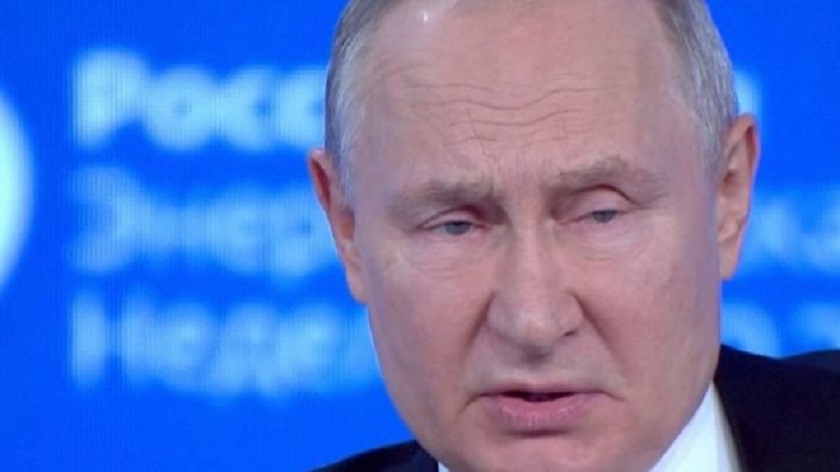
Due to increased military spending, the Russian economy has entered an overheating phase. The Russian Federation lacks skilled workers, the ruble is weakening, and the state economic sector is becoming less efficient and more corrupt.
“His war against Ukraine may not be unfolding as planned, but President Vladimir Putin can still claim that the Russian economy is performing, as he says, ‘better than previously expected. Such an underestimation is unusual for the Kremlin leader: with a tight labor market and inflation showing no signs of abating, the Russian economy is actually overheating,” the agency said.
Yes, the Russian authorities are putting the country’s economy in a mode of full financing of the war, and it may seem that this stimulates the economy. According to the IMF, Russia’s GDP is expected to grow by 2.2% in 2023, with unemployment at a historically low 3%.
It is noted that the good performance of the Russian economy is also facilitated by its gradual adaptation to Western sanctions. This is limited to the short term.
Reuters columnist Pierre Brianson suggests that “Russia’s military economy is overheating on a powder keg,” and in the medium term, Russia faces a series of “ticking time bombs.”
- “brain drain” due to the mass emigration of skilled workers;
- a weak non-convertible ruble;
- Increasing the inefficient and corrupt public sector of the economy.
“Russia’s prospects when military spending starts to decline are bleak. Partial circumvention of sanctions will not compensate for the loss of technology from Europe or the United States. Reduced investment in schools and education because the state prioritizes the armed forces will lead to a decline in productivity in the medium and long term. And reduced investment in the health care system will deepen the terrible demographic situation,” the author emphasizes.
It is reported that Russia demonstrates all the problems of a developing economy with the growth rates of a mature industrialized one. And it is forced to rely on a currency that is not fully convertible, which is managed by another government in accordance with its own interests. Over time, they may turn out to be a powerful economic and strategic time bomb.
Reuters emphasizes that the Russian economy is already feeling the strain, and the IMF expects GDP growth to halve next year to 1.1%.

